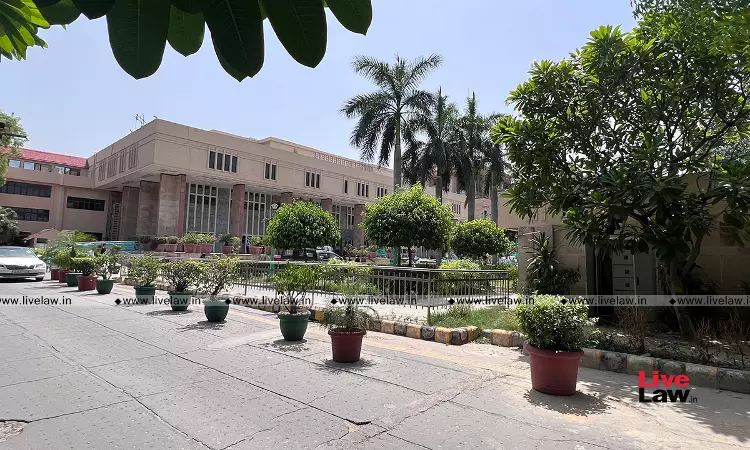The Delhi High Court observed that the Subsidy received by Nestle India, the assessee as incentive to establish industrial unit is Capital receipt and cannot be adjusted against block of assets. “Since the subsidy in this case was not intended as a payment to meet, directly or indirectly, a part of the cost of the assets, no adjustment could have been ordered, as was directed...

